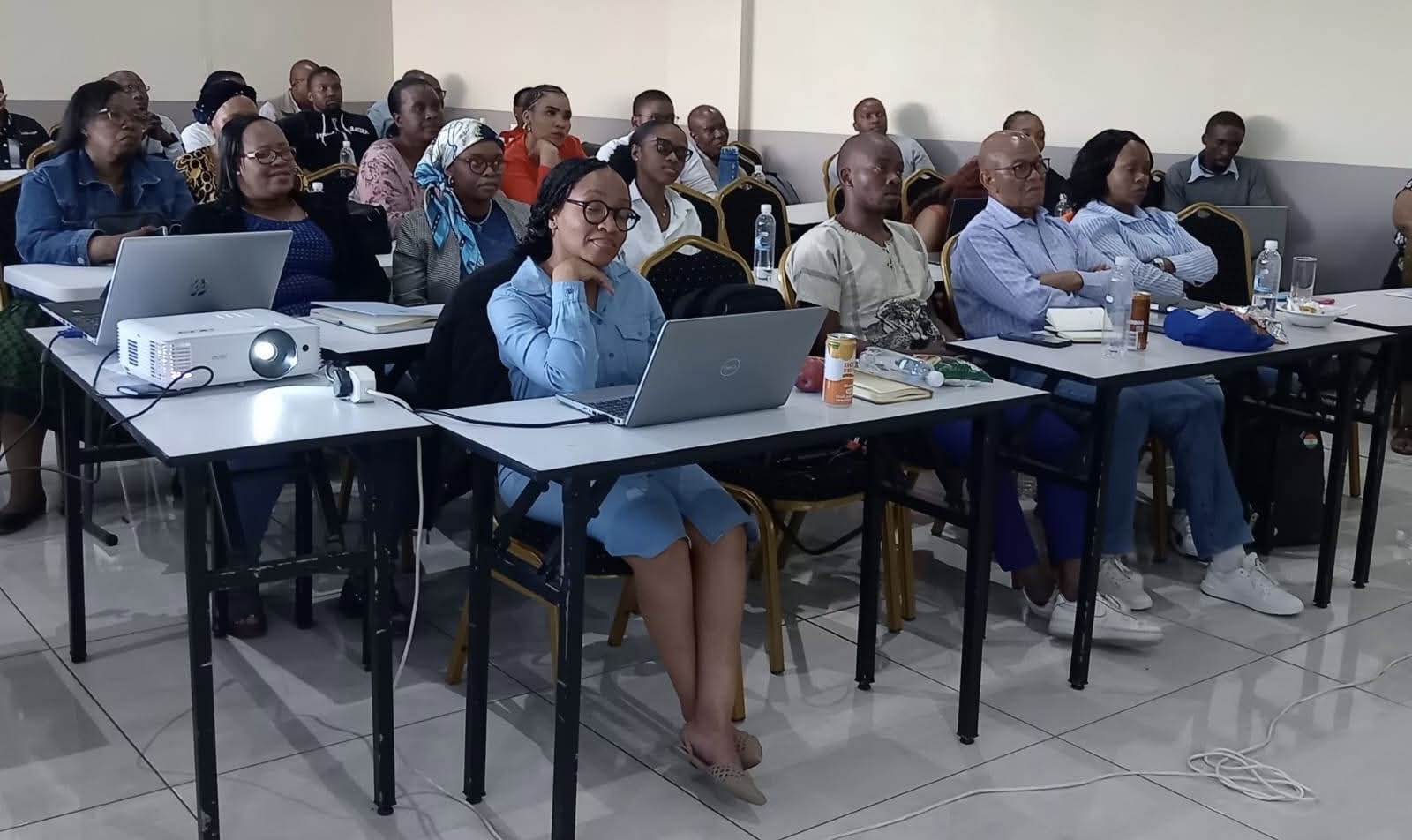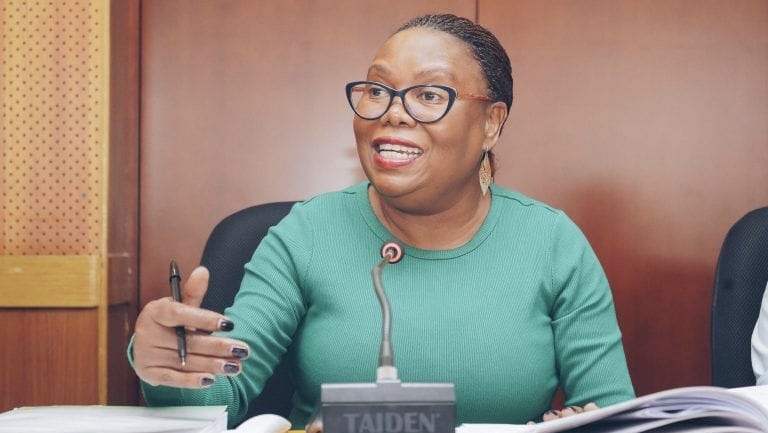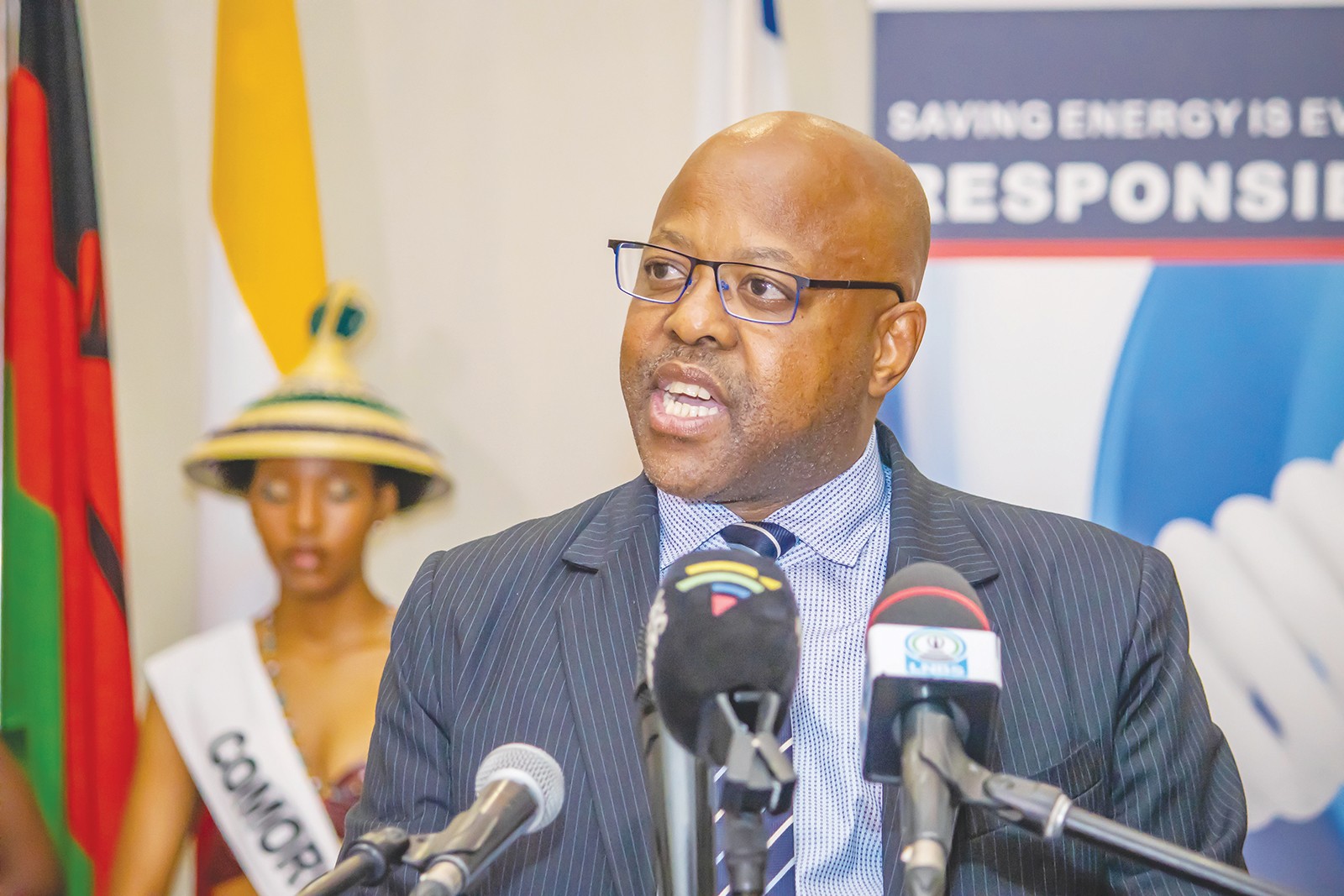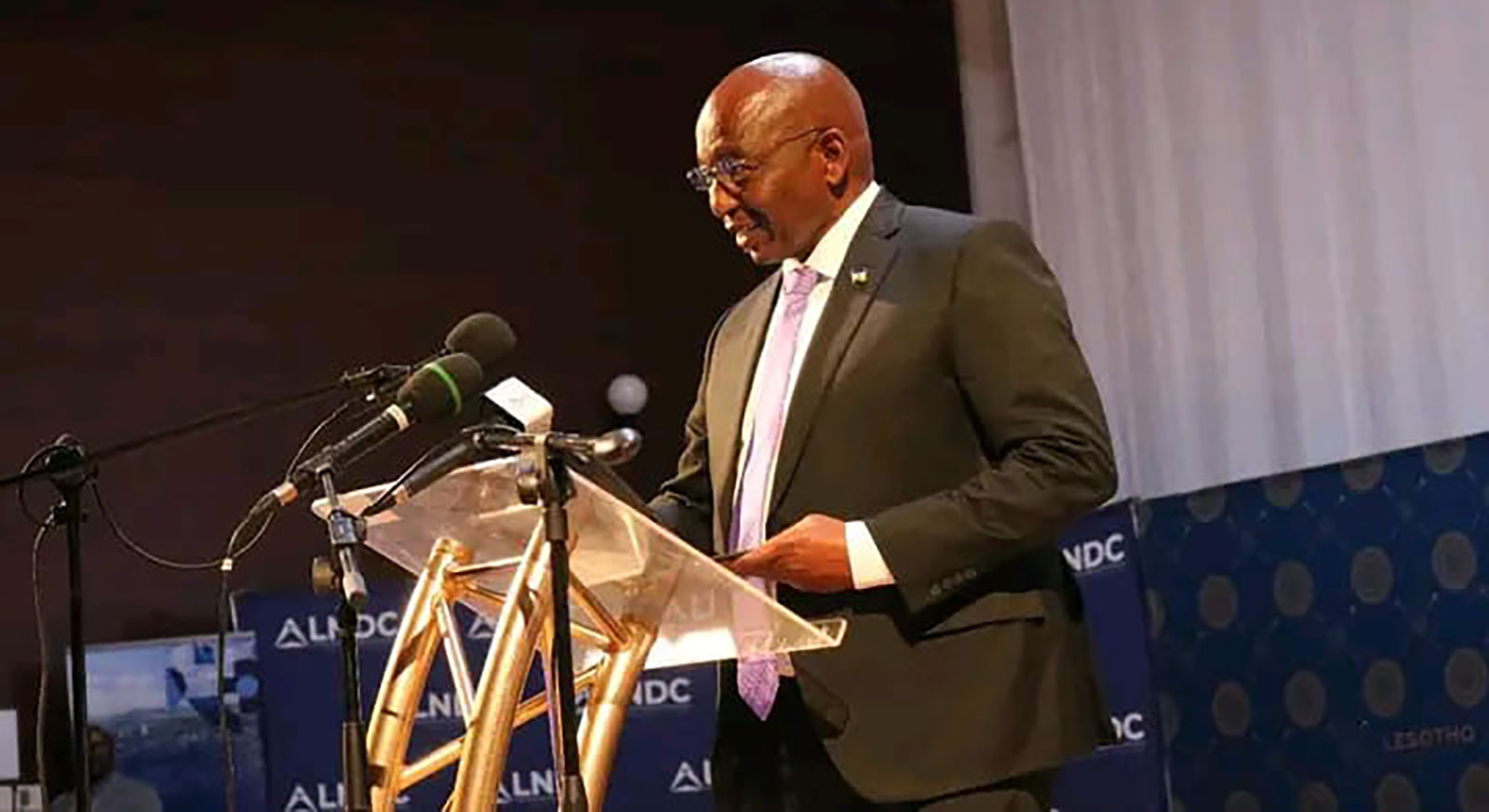Media training to boost economic journalism

SHARE THIS PAGE!
The Revenue Services Lesotho (RSL) has intensified efforts to strengthen economic and financial reporting in the country by hosting a two-day capacity-building workshop for journalists.
The initiative forms part of RSL’s ongoing commitment to deepen engagement with the media on national economic policies, taxation, compliance, and business reporting.
Established by an Act of Parliament in 2001 and operational since 2003, RSL remains the state’s primary agency for assessing, collecting, and remitting public revenue.
Opening the workshop, RSL’s Head of Marketing and Client Education, Letsatsi Sepiriti, stressed the central role of the media in shaping an informed society.
He noted that accurate reporting on complex financial and economic matters builds public trust in institutions.
“An informed media is crucial for an informed public. Through well-researched and accurate reporting, journalists promote transparency, accountability, and compliance; these are the bedrocks of our nation’s development,” he said.
Independent analyst Thabo Qhesi highlighted the importance of aligning coverage with Lesotho’s extended National Strategic Development Plan II (NSDP II).
He explained that the blueprint seeks to diversify the economy, spur job creation, and reduce poverty through export-led growth.
According to Qhesi, NSDP II focuses on infrastructure and sectoral investments to increase Gross Domestic Product (GDP), expand employment, and reduce inequality.
“The plan targets improved food security and energy exports as additional contributors to GDP,” he noted.
Citing official data, Qhesi said Lesotho’s GDP grew by between 2.3 and 2.6 percent in recent years, largely driven by NSDP-aligned projects such as the Lesotho Highlands Water Project Phase II, which boosted construction and royalties to 7.2 percent of GDP.
He further pointed out that the national debt-to-GDP ratio declined from 61.5 percent in 2003 to 59.7 percent in 2024, supported by Southern African Customs Union (SACU) transfers and water royalties.
However, Qhesi cautioned that journalists should not only report on headline figures but also scrutinise compliance with key instruments such as the Public Service Regulations of 2008, the Public Financial Management and Accountability Act of 2011, and the National Assembly Standing Orders of 2022.
The workshop also featured insights from RSL’s Client Educator, Mohale Motenalapi, who focused on tax policy and compliance.
He explained that the manufacturing and agriculture sectors benefit from a 10 percent corporate tax rate, a measure designed to attract investment and stimulate job creation.
“These incentives make Lesotho more competitive, especially for textile, agriculture, and mining investors, while also broadening the tax base,” Motenalapi said.
Turning to compliance, Motenalapi outlined RSL’s approach to ensuring tax obligations are met. He said audits are routinely conducted to verify declarations, while penalties and interest are imposed on late or non-payment of tax returns.
“Where taxpayers face challenges, RSL allows for structured debt repayments through periodical installments,” he explained.
The training underscored the mutual responsibility between journalists and institutions: RSL providing technical knowledge, and the media ensuring the public remains informed, vigilant, and engaged on economic governance.


Media training to boost economic journalism
8 days ago
Selimo to stage “One Man Show”
8 days ago

MP boycotts National Assembly sitting
10 days ago
Lesotho to host SADC water dialogue
11 days ago
PM hails Sebabatso initiative progress
13 days ago

Taxman, banks unite in historic deal
15 days ago
AI conference a gateway to innovative future
15 days ago